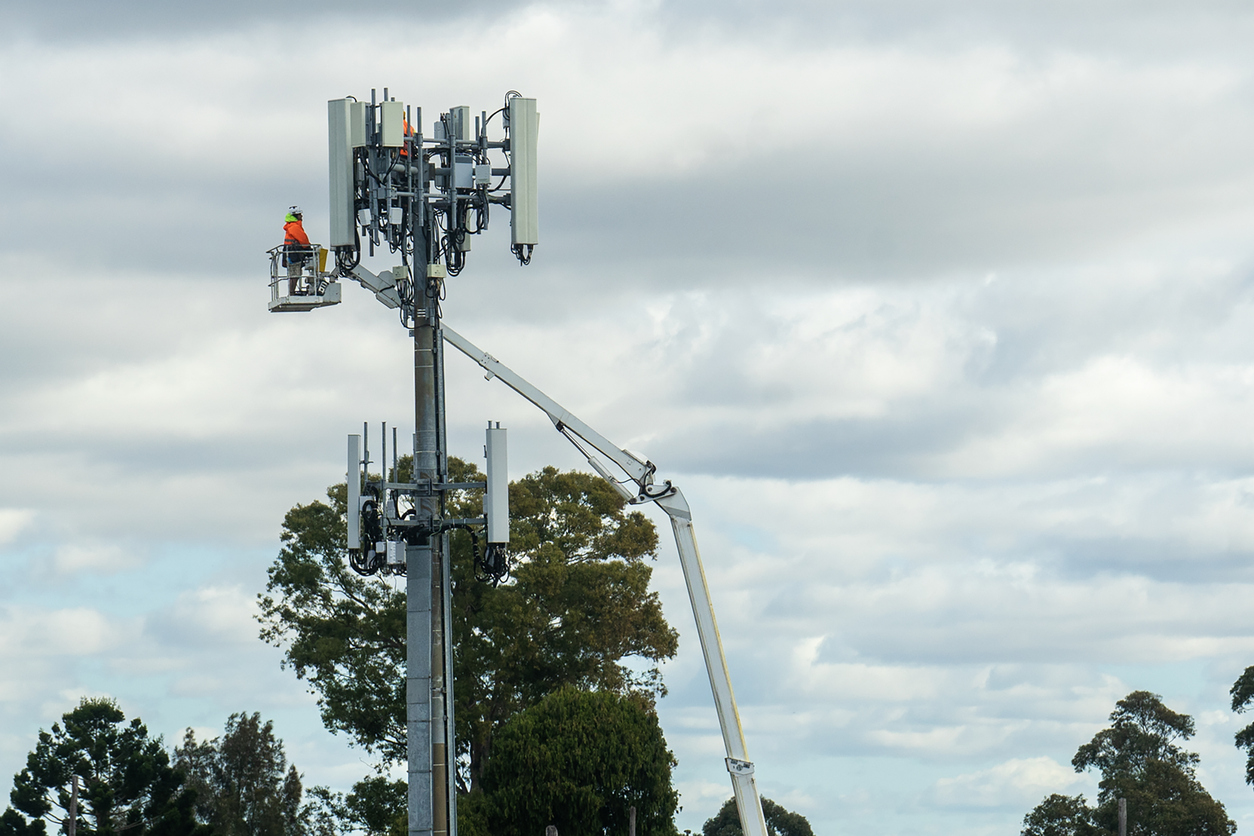Earlier this year, legislators established an Artificial Intelligence Task Force to study AI and provide policy recommendations to the legislature. Their first report is due by the end of the month.
As I cautioned before, such committees can steer toward recommending heavy-handed policies that can stifle industries and cost tremendous opportunities. When their report inevitably arrives, I hope the group takes cues from the other Washington. The U.S. House of Represenatitives just released their own bipartisan task force report on artificial intelligence.
I'm not always quick to praise DC, but this report was surprisingly on the mark when it came to recognizing the need to not overburden the industry in order that it might continue to grow and operate. One of their key stated principles is titled Take an Incremental Approach, which explains:
"AI is a rapidly evolving technology. It is unreasonable to expect Congress to enact legislation this year that could serve as its last word on AI policy. To use AI technology properly requires a carefully designed, durable policy framework. In this report, we propose a number of recommendations to begin to build this framework with the understanding that as AI capabilities continue to advance, we must remain humble and acknowledge we do not know what we do not know. Policy will likely need to adapt and evolve in tandem with advances in AI. Congress must remain vigilant and flexible in how it addresses AI in the years to come."
Washington's legislators would do well to take a similar posture of humility. Where it can be tempting to try to control for every negative outcome, as the report notes, "For every problem that AI creates, AI can be a candidate for helping to remediate or solve that problem."
Within the 273 page report, a few key policy proposals stand out as examples Washington state could follow:
Reduce administrative burden and bureaucracy using AI
As part of AI's adoption, redundancies can be phased out and more efficient systems implemented. Reducing headcount in areas where AI can maximize its benefits would be a savings to the state budget, and ultimately taxpayers.
Even where a lack of political will to lower headcounts exists, expanding transparency and scope of work can still be achieved with AI. In the same way technology by way of remote testimony expanded the access of people to have a say in their government, AI provides opportunities for people to similarly engage with their local government more. A dedicated LLM-based chatbot could help explain laws, track bill progress in the legislature, or breakdown state spending numbers. AI could also be used in service of public disclosure requests, speeding up the time it takes to distribute them.
Paired with another recommendation to require transparent notification to the public of the use of AI functions wherever implemented, leveraging governmental AI use could provide a more open and lean state government.
Ensure privacy laws are generally applicable and technology-neutral.
While citizen privacy is a key priority and concern, laws surrounding individual privacy protection should be careful not to punitively target the AI industry. When laws target one particular sector of technology, the shifting scope and development of that technology can often leave antiquated laws in place with unintended consequences.
As a general rule, all privacy regulations ought to be based in principle and hold up regardless of the specific current age technology. In the same way the First Amendment speaks to a principle of free speech irrespective of whether it's through word of mouth, quill to sheet, or keyboard to internet, our privacy laws should be platform agnostic, not trying to preempt every potential misstep.
Uphold the U.S. approach to setting standards
The opening text in this recommendation from the report reads: "The U.S. approach protects against poor standards by enabling vibrant deliberation and competition so that the standards with the most technical merit prevail. Policies that undermine the bottom-up, rules-based, multistakeholder process for standard setting can put American companies at a disadvantage..." This is critically important. In policy, the most damage is done when government standards are detached from the stakeholders (such as urban lawmakers regulating overtime rules for farmers or agencies removing accountability measures on their CO2 reduction goals). If we want Washington to stay a leader in the tech sector, we need to make sure lawmakers are deferring to the leaders of their field to set standards that achieve based on merit, not politically popular talking points.
Address demonstrable harms, not speculative harms of synthetic content
Using the likeness of an individual to create false images, video, audio, or other has the potential for harm, but the report rightly recognizes that most of the problems created by AI in field were already achievable via editing tools such as Adobe Photoshop and more. In light of this, it would behoove lawmakers to approach the heightened access to potential abuse by way of first referring any problems to existing laws (slander, libel, privacy rights) before legislating new ones. When novel issues arise, legislators should address the problems with a narrow scope in order to maximize effectiveness without impeding on free speech or innovation.
Encourage innovation and competition in the development of AI models
The report rightly recognizes that "Open-source ecosystems foster significant innovation and competition in AI systems. Many of the most important discoveries in AI were made possible by open-source and open science." Washington should similarly acknowledge the benefits of a competitive, open playing field for AI companies and models. Rather than a top down, government-controlled approach, AI should be one of the many fields in which competition continues to drive innovation. If Washington clamps down in an attempt to regulate startups, we will continue to see large scale businesses being driven out of the state as reliance on AI continues.
Ease compliance burdens for small businesses
A lesson Washington seems slow to learn in other tech policy, regulations designed to reign in big companies often smother small ones instead. "Any relevant legislation or regulation should consider the disproportionate compliance burden on small companies and how it may unfairly reduce competition," the report lists. Rather than seeking to punitively assign regulations to slow down big companies, lawmakers should focus on fostering a competitive atmosphere where small companies have access to innovate freely and take on their larger counterparts. Rather than trying to stifle the top, Washington should bolster startups and small creators from the start with minimal regulations and business friendly policies.
These are just a handful of the myriad of recommendations in the report. Overall, an emphasis on a light-touch framework is apparent throughout the report, and Washington lawmakers should take this to heart. When we see our own state's AI taskforce report in the next few days, it would be heartening to see a similar theme of prudence and caution in regulation. But even if it doesn't, Washington lawmakers should consider the federal report and how competing approaches will impact our state's standing among others in innovation, technology, and the future.





